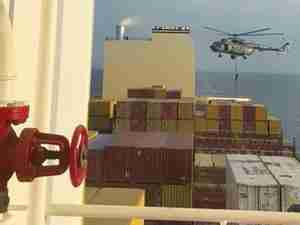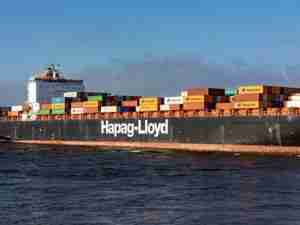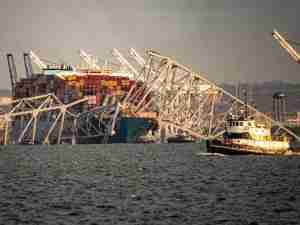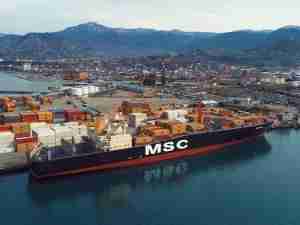Container imports at northern Europe's six main ports will fall 11.3 percent compared to the third quarter, while exports will dip 3.2 percent, according to Hackett Associates, which follows trade at the top U.S. and European seaports for the National Retail Federation.
"2011 looks suspiciously like 2008 when world trade collapsed with the global recession of 2009," said the firm's founder Ben Hackett in its monthly report.
"There is not yet enough evidence to suggest that this will be repeated but the danger of this happening is increasing."
The quarterly decline in European imports would be the worst since the 11.5 percent fall in the first quarter of 2009, when the global shipping industry was in the midst of one of its worst downturns.
"Deep sea imports to North Europe began to show the impact of the financial crisis and uncertainty in Europe with declining volumes in September that are projected to continue to weaken through January," the company said.
The 2008-09 recession, named by the International Monetary Fund as the "Great Trade Collapse", cost the sector an estimated $19.5 billion as trade dried up amid a global banking crisis.
After rebounding strongly in 2010, many container carriers returned to the red in the third quarter of this year due to high bunker fuel costs, oversupply of vessels and low freight rates.
"While much of this is due to seasonal factors, the volume changes when considered on a quarterly and half yearly basis are reminiscent of the collapse that began in 2008," Hackett said.
The firm forecasts northern European container imports to recover in the first half of 2012, rising 1.1 percent in the first quarter and 7.0 percent in the following three months.
The euro zone appears to have slipped into a mild recession as leaders bicker over ways to contain the debt crisis, which is now threatening Europe's core economies. (Reuters)









